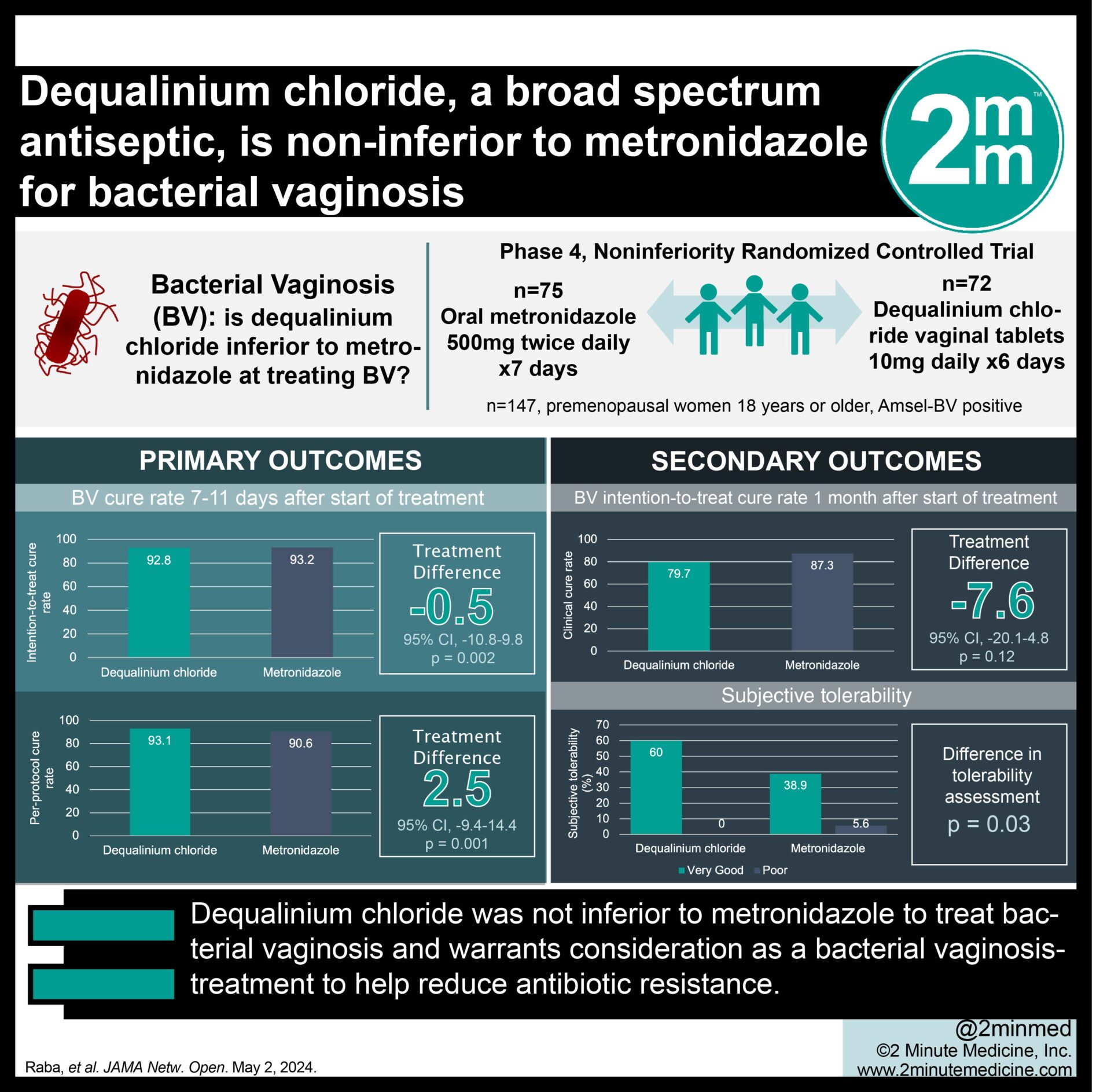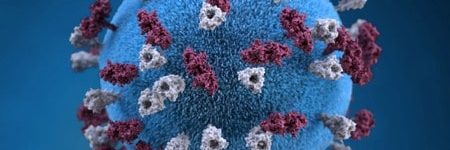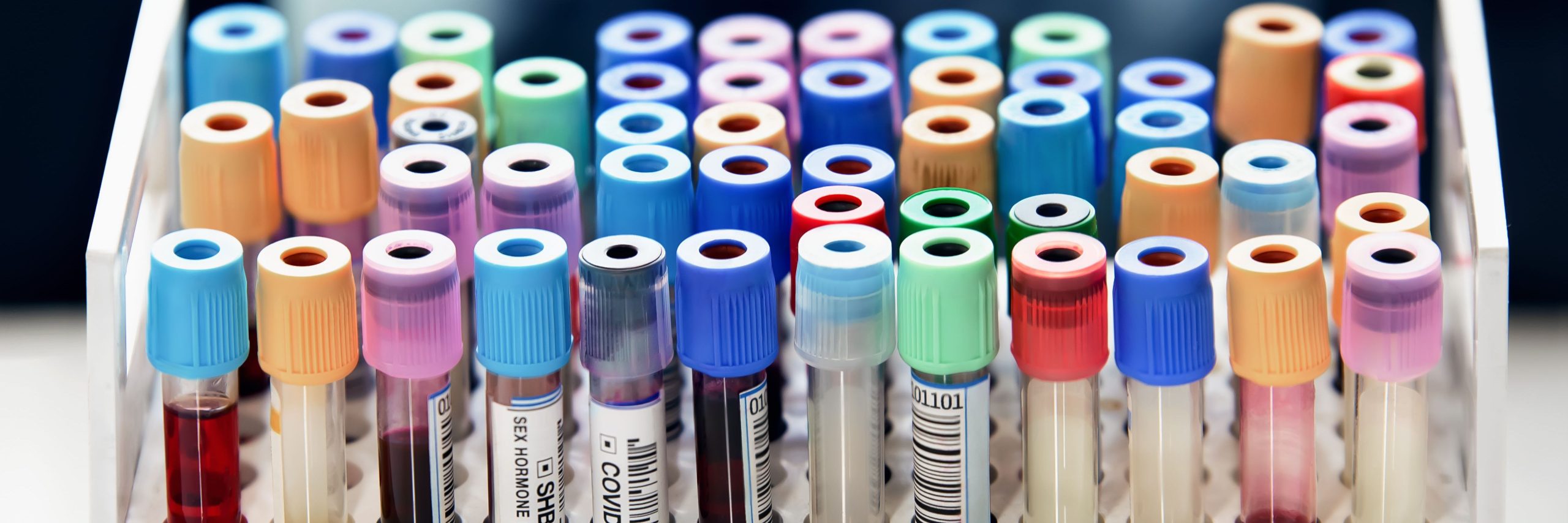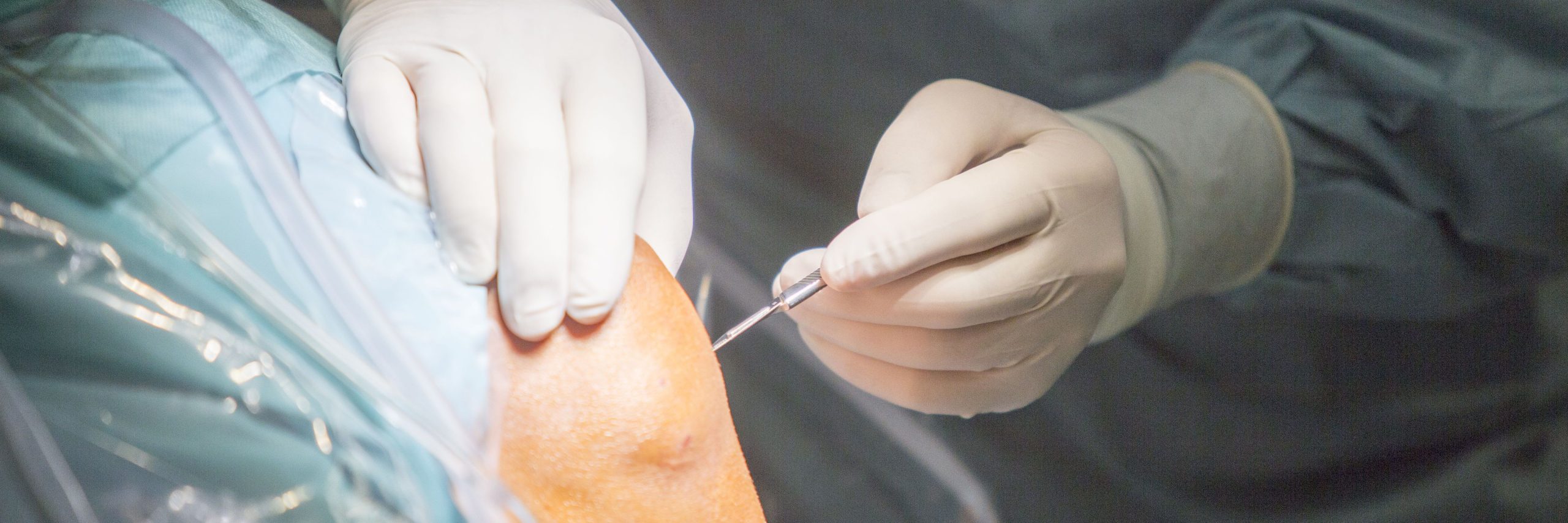The following is a summary of “Infantile atopic dermatitis and maternal-infant bonding: a mixed methods study,” published in the November 2023 issue of Allergy & Immunology by Batac et al.
Childhood atopic dermatitis can impose a significant burden on caregivers, affecting their quality of life and stress levels due to the demanding nature of treatment. As this condition often manifests in infancy, the stress related to atopic dermatitis may influence the mother-infant bond during crucial developmental stages. Despite this plausible connection, there needs to be a more direct exploration into the impact of atopic dermatitis on maternal-infant bonding. The present study utilized a mixed-method design to investigate the association between infantile atopic dermatitis and the maternal-infant bond to address this gap.
Mothers of infants aged less than 19 months with atopic dermatitis were recruited from social media and medical clinics between October 2021 and May 2022. A control group comprising mothers with infants unaffected by inflammatory skin conditions was also recruited. Participants completed questionnaires covering demographics, child health, and mother-infant bonding. Multiple linear regression analyses were employed to evaluate bonding quality among cases and controls. Additionally, a subset of cases participated in semi-structured interviews focusing on infantile atopic dermatitis and the maternal-infant bond.
The final sample included 32 cases and 65 controls. Scores on the impaired bonding and risk of abuse subscales did not differ significantly between cases and controls. However, mothers of infants with atopic dermatitis reported lower levels of caregiving anxiety (b = −1.47, p < 0.01) and pathological anger/rejection (b = −1.74, p = 0.02) compared to controls. Qualitative findings indicated that the topical therapies required for atopic dermatitis management might enhance the bond between some mothers and infants.
In summary, the study suggests that atopic dermatitis does not necessarily have a negative impact on maternal-infant bonding and may even improve bonds in certain cases. Given these findings, clinicians can potentially leverage the positive impact of atopic dermatitis-related caregiving to encourage caregivers to adhere to their child’s topical treatments.
Source: aacijournal.biomedcentral.com/articles/10.1186/s13223-023-00857-5



















